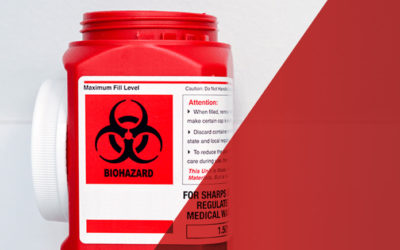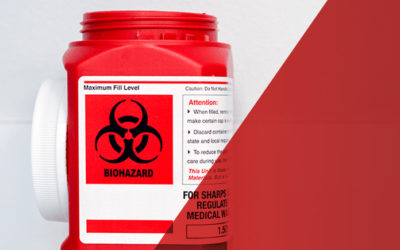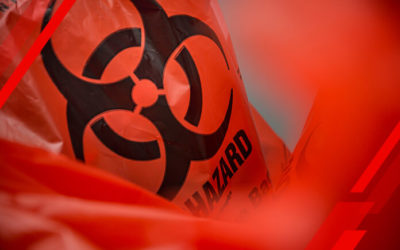The type of waste you generate (whether hazardous or non-hazardous) directly impacts handling, transport and disposal requirements. Because the rules vary according to the waste type (and because the generator of the waste is always liable for that waste), your very first step in any hazardous waste management plan should be determining the type of waste you have.
Service Request
Have waste that requires compliant handling or disposal? Fill out our service form and an MCF Environmental Representative will get back to you quickly with next steps!
Please note we do not provide disposal services for household waste
















